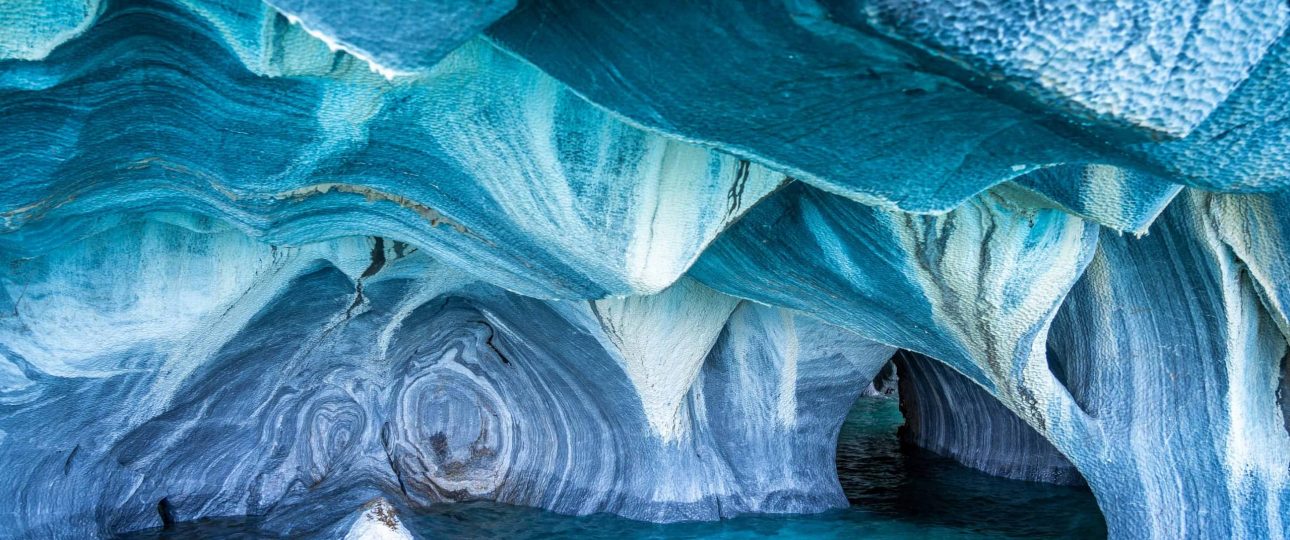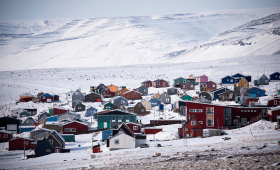Exploring the Aysén Region, Chile
The Aysén Region in southern Chile is a place of striking natural beauty and diverse landscapes. It’s a destination for those who appreciate the outdoors, offering a range of activities from hiking to glacier trekking. This region is sparsely populated, with Coyhaique being the largest city, home to nearly half of the region’s inhabitants.
Stunning Landscapes
Aysén is renowned for its varied and dramatic landscapes. The Marble Caves on General Carrera Lake are one of the most remarkable natural formations. These caves, sculpted by water over thousands of years, offer a surreal experience with their swirling patterns and vibrant colors.
Queulat National Park is another highlight, featuring the Queulat Hanging Glacier. This impressive glacier appears to defy gravity as it clings to the mountainside, providing a breathtaking view for hikers willing to make the trek through the park’s ancient forests.
The region also boasts the Northern and Southern Patagonian Ice Fields, the third-largest ice fields in the world. These ice fields are a haven for adventurers interested in glacier trekking and ice climbing, though the climate can be harsh and unpredictable.
Traveling to Aysén
Reaching Aysén can be part of the adventure. The most straightforward route is flying into Balmaceda Airport near Coyhaique, with daily flights available from Santiago. From there, renting a car or taking a bus allows you to explore the region at your own pace.
For those seeking a more scenic journey, consider taking a ferry from Puerto Montt to Chaitén, followed by a drive along the Carretera Austral. This legendary road stretches over 1,200 kilometers, offering stunning views and a chance to experience the region’s remote beauty.
Getting Around
Once in Aysén, transportation options vary. While renting a car offers flexibility, the region’s bus network is reliable and budget-friendly, connecting major towns and attractions. For a deeper understanding of the area, hiring a local guide can be invaluable. Guides often provide transportation and can lead you to less accessible sites.
When to Visit
The best time to visit Aysén is during the summer months, from December to February, when the weather is milder and days are longer. However, the region’s climate is known for its unpredictability, so packing layers is advisable.
For those interested in the region’s autumn colors, a visit between March and April is ideal. During this period, the forests transform into a vibrant display of reds, oranges, and yellows, offering a picturesque backdrop for exploration.
Climate Considerations
Aysén’s climate varies significantly across the region. Coastal areas experience a cool temperate climate with high precipitation and strong winds. Inland areas, like Coyhaique, have a more continental climate with less rainfall and more clear days. The ice fields maintain permanent ice due to their cold temperatures and high precipitation, particularly on the western slopes of the Andes.
Travelers should be prepared for varying weather conditions, especially if venturing into the more remote or elevated areas of the region.
With its diverse landscapes and challenging climate, Aysén offers a unique travel experience. It’s a place where nature dominates, and those who visit should be ready for both its beauty and its demands.




